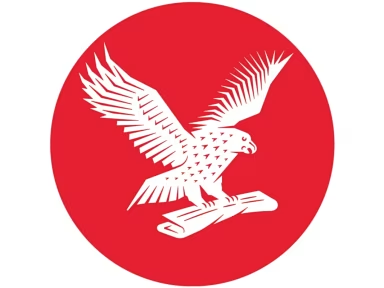The Japanese economy shrank at an annual rate of 2% in the first quarter of this year, as consumption and exports declined, the government said.
Although unemployment has stayed relatively low in the world’s fourth largest economy at about 2.6%, wage growth has been slow and prices have risen partly due to weakness of the yen against the U.S. dollar.
Quarter-to-quarter, the preliminary seasonally adjusted gross domestic product, or GDP, a measure of the value of a nation’s products and services, slipped 0.5% in the January-March period, according to the Cabinet Office.
The annual rate measures what would have happened if the quarterly rate lasted a year.
The Japanese yen has been trading at three-decade lows recently, with the U.S. dollar costing about 155 yen. That has helped tourism but hurts spending power, especially for a nation that imports almost all its energy.
The latest results were generally worse than what analysts had forecast. Sluggish consumer spending is a big problem since private consumption accounts for half of Japanese economic activity.
Also denting growth were the problems at automaker Toyota Motor Corp.’s subsidiary, although production is now back up. Earlier this year, the Japanese government ordered Daihatsu Motor Co. to halt production of its entire lineup because of faked safety test results.
Robert Carnell, analyst at ING, noted the disruptions of car production and sales due to the safety scandal brought down overall growth, but that means they likely will bounce back later in the year.
“Monthly activity data already shows a gradual normalization since March,” he said.
The latest data provides a challenge for Japan’s central bank on when to further raise interest rates, an action that’s expected to come sooner or later, possibly in July.
Policy makers are likely to proceed with more caution in a weak economy. The Bank of Japan raised interest rates earlier this year for the first time since 2007, but only to a range of zero to 0.1% from minus 0.1%.
This article was written by Yuri Kageyama from The Independent and was legally licensed through the DiveMarketplace by Industry Dive. Please direct all licensing questions to legal@industrydive.com.

